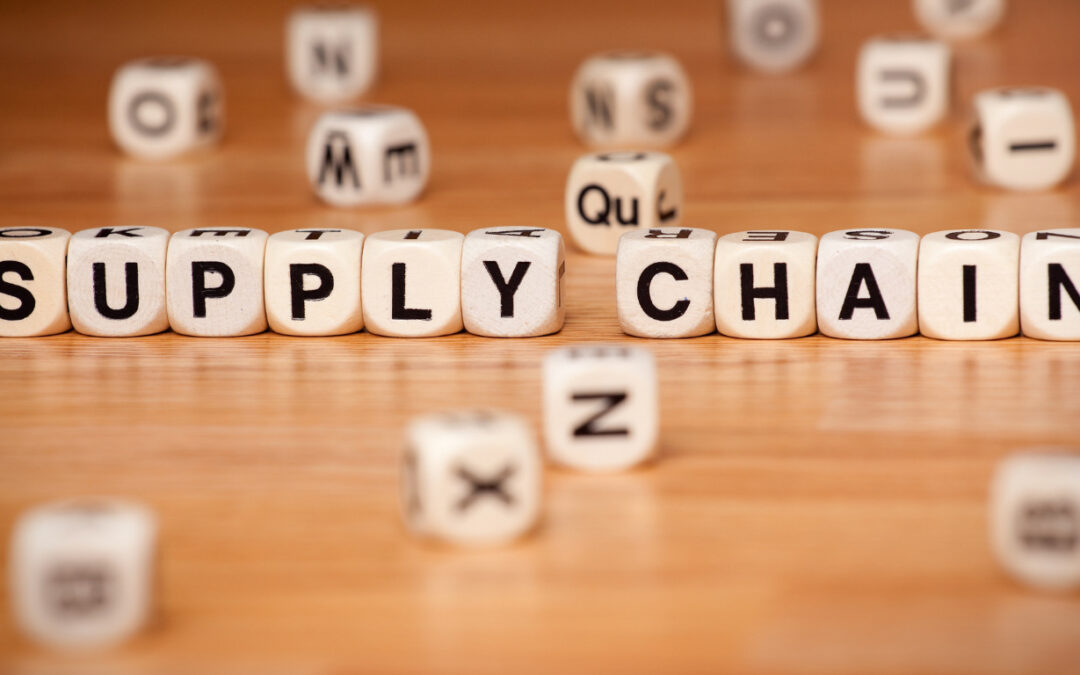We live in a time when there is a lot of talk about the value of local businesses and the need to support them.
Local small businesses provide many of the building blocks of prosperous, healthy communities. They play a vital role in creating jobs for local people, providing needed goods, services and supporting other local businesses as customers and suppliers.
They also improve the quality of life for local families, serve as a gathering place where people can forge relationships and discover common interests as well as fostering a sense of community.
What happens when small businesses close?
When small businesses close, communities lose a lot more than just jobs.
In many cases, the end result is a decline in the quality of life for everyone in that area. For instance, goods may not be as affordable because people have to travel further to get them. Empty storefronts can make a neighbourhood feel unsafe. The centre of a community’s social life may be gone.
The Council of Small Business Organisations Australia (COSBOA) has released a policy paper examining the community impacts of local small businesses closing in large numbers due to sustained pressure from the COVID-19 pandemic, including:
- Loss of ‘critical mass’ and economic diversity;
- Death of the ‘high street’;
- Loss of important ancillary services;
- Decline of local industrial capacity and capability;
- Deterioration of local supply chains;
- Effects of reduced competition;
- Reduced community, social cohesion and social capital;
- Loss of local employment and training opportunities; and
- Continuing urbanisation and centralisation of economic activity.
What can you do to support small businesses?
While there are serious challenges facing small businesses and the communities in which they operate, the COSBOA report also offers some potential macro solutions for local business decline.
These include strategies to build community awareness; a place-based approach to economic development; helping businesses sell online more effectively; and supporting industry networks.
This is the sort of areas that governments (most likely local governments), chambers of commerce or trader groups, nonprofits and social enterprises like corporate2community typically work in.
If you are a business owner, consider supporting local suppliers.
Go Local First is an initiative by COSBOA that began in July 2020 to support and promote small local businesses impacted by the COVID-19 pandemic and the resulting shutdowns and economic consequences.
The campaign’s purpose is simple: to get the small business sector back on its feet, keep Australians in work and keep money in local communities.
As well as encouraging Australian consumers to get out there and spend more with small businesses, both online and in person, the campaign is also about encouraging small business owners to use other small businesses as suppliers.
Suppliers can often be seen as merely a transaction. It’s easy to forget that people are at the other end of the online or offline supplier order process. Most suppliers will want your business to thrive to keep them in business too.
Having a plan for local suppliers means that when international or national supply chains are disrupted, you have an alternative. It also means creating local jobs and supporting other local businesses to continue to operate.
How to find a local supplier? Tap into your local networks. Local councils and business chambers are often good places to start.
Our commitment to small businesses
C2C is committed to building resilient businesses that contribute to thriving communities and encourages all businesses to support local where they can.
To find out more about C2C programs that support local businesses contact us at [email protected].


Recent Comments